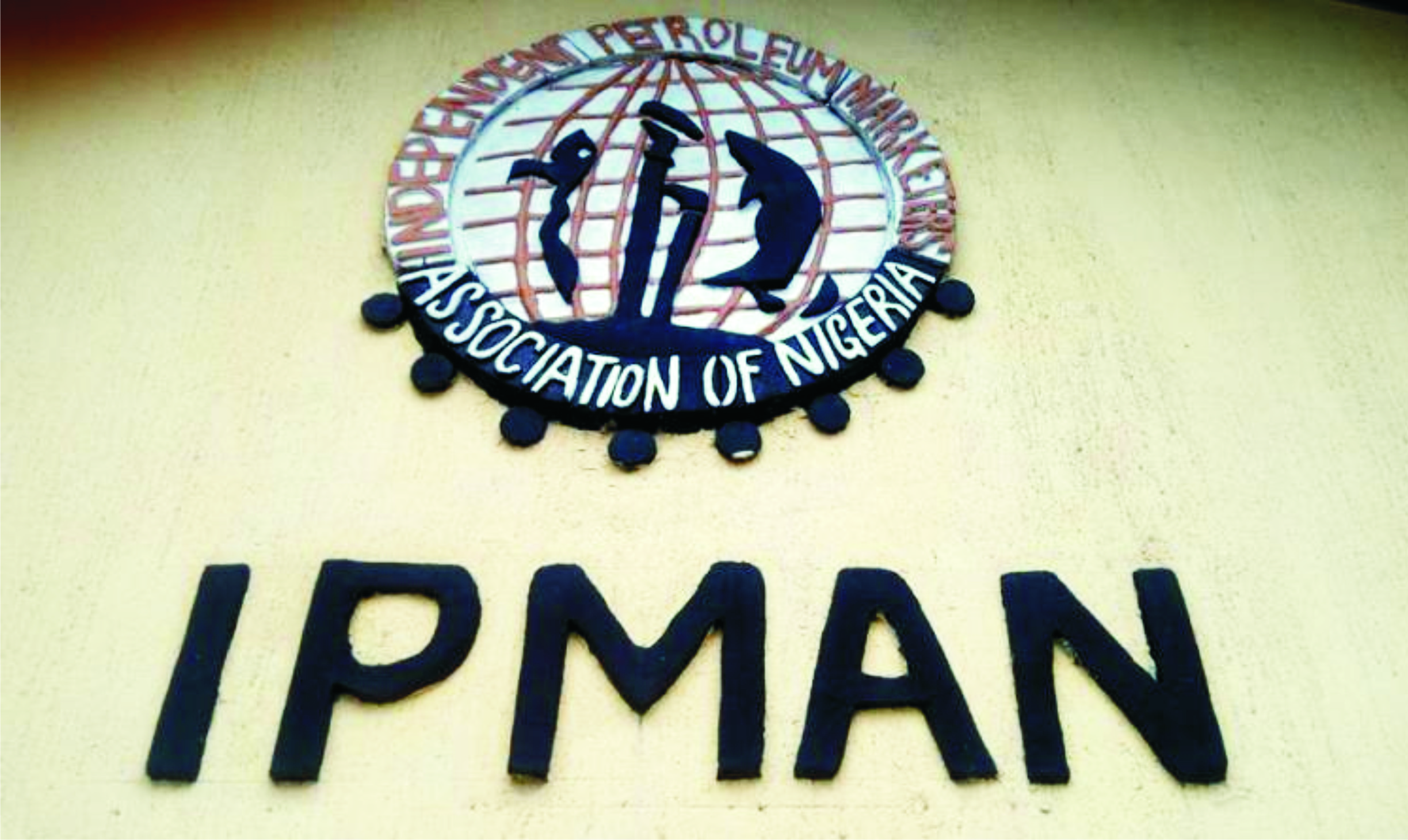Business
Pump Price: IPMAN Seeks Compensation For Members Over Losses

The Independent Petroleum Marketers Association of Nigeria (IPMAN) in Kano, has advocated for palliative measures to support marketers who might have incurred losses due to reduction of pump prices.
IPMAN Chairman, in the state, Alhaji Bashir Danmalam, told newsmen in Kano, yesterday that the call was imperative to support its members who had stock of the products and could incur losses due to the downward review of pump prices.
“We are happy with the development and the Federal Government should be commended for the gesture, however, government should consider the fact that many of our members with old stock will incur a huge loss. “
“The measures would go a long way in reducing the loss the marketers might incur, since most of them have the old stock, which were supposed to be disposed at the old rate of N145 per litre in order to recover their money.
“Our members have already bought and loaded their vehicles with the product at the old prices from Lagos, Port Harcourt and Warri.”
“So by the time they reach their various destinations, they must sell the product at N125 per litre as against its old price of N145 per litre, a margin of N20 loss,” he said.
Danmalam expressed optimism that the Federal Government would come to their aid as it had promised to support private depot operators.
Also, the Chairman, Salbas Oil and Gas, Alhaji Saleh Baba, said the company had so far incurred over N40 million losses to the introduction of pump price regime.
According to him, the company has stock of over two million litres of petrol before the new pump price regime, adding that it had adjusted to the approved pump price.
He said: “Despite the loss; we complied with the changes because it is a welcome development and for the benefits of Nigerians”.
Also commenting, the Chairman, RASMOH Oil, Alhaji Rabiu Saleh, said the company recorded over N1 million losses since the implementation of the new pump price.
“We have over 45, 000 litres in stock; now with the development we have to adjust our pump prices in good faith.
“As a business and someone who believes in God, we expect gain or loss. We have complied with government directives,” he said.
Business
PENGASSAN Tasks Multinationals On Workers’ Salary Increase

Business
SEC Unveils Digital Regulatory Hub To Boost Oversight Across Financial Markets

Business
NAFDAC Decries Circulation Of Prohibited Food Items In markets …….Orders Vendors’ Immediate Cessation Of Dealings With Products

Importers, market traders, and supermarket operators have therefore, been directed to immediately cease all dealings in these items and to notify their supply chain partners to halt transactions involving prohibited products.
The agency emphasized that failure to comply will attract strict enforcement measures, including seizure and destruction of goods, suspension or revocation of operational licences, and prosecution under relevant laws.
The statement said “The National Agency for Food and Drug Administration and Control (NAFDAC) has raised an alarm over the growing incidence of smuggling, sale, and distribution of regulated food products such as pasta, noodles, sugar, and tomato paste currently found in markets across the country.
“These products are expressly listed on the Federal Government’s Customs Prohibition List and are not permitted for importation”.
NAFDAC also called on other government bodies, including the Nigeria Customs Service, Nigeria Immigration Service(NIS) Standards Organisation of Nigeria (SON), Nigerian Ports Authority (NPA), Nigerian Maritime Administration and Safety Agency (NIMASA), Nigeria Shippers Council, and the Nigeria Agricultural Quarantine Service (NAQS), to collaborate in enforcing the ban on these unsafe products.
-

 Politics4 days ago
Politics4 days agoWhy Reno Omokri Should Be Dropped From Ambassadorial List – Arabambi
-

 Politics3 days ago
Politics3 days agoPDP Vows Legal Action Against Rivers Lawmakers Over Defection
-

 Sports3 days ago
Sports3 days agoNigeria, Egypt friendly Hold Dec 16
-

 Sports3 days ago
Sports3 days agoNSC hails S’Eagles Captain Troost-Ekong
-

 Oil & Energy3 days ago
Oil & Energy3 days agoNCDMB Unveils $100m Equity Investment Scheme, Says Nigerian Content Hits 61% In 2025 ………As Board Plans Technology Challenge, Research and Development Fair In 2026
-

 Politics3 days ago
Politics3 days agoRIVERS PEOPLE REACT AS 17 PDP STATE LAWMAKERS MOVE TO APC
-

 Politics3 days ago
Politics3 days agoWithdraw Ambassadorial List, It Lacks Federal Character, Ndume Tells Tinubu
-

 Sports3 days ago
Sports3 days agoMakinde becomes Nigeria’s youngest Karate black belt

